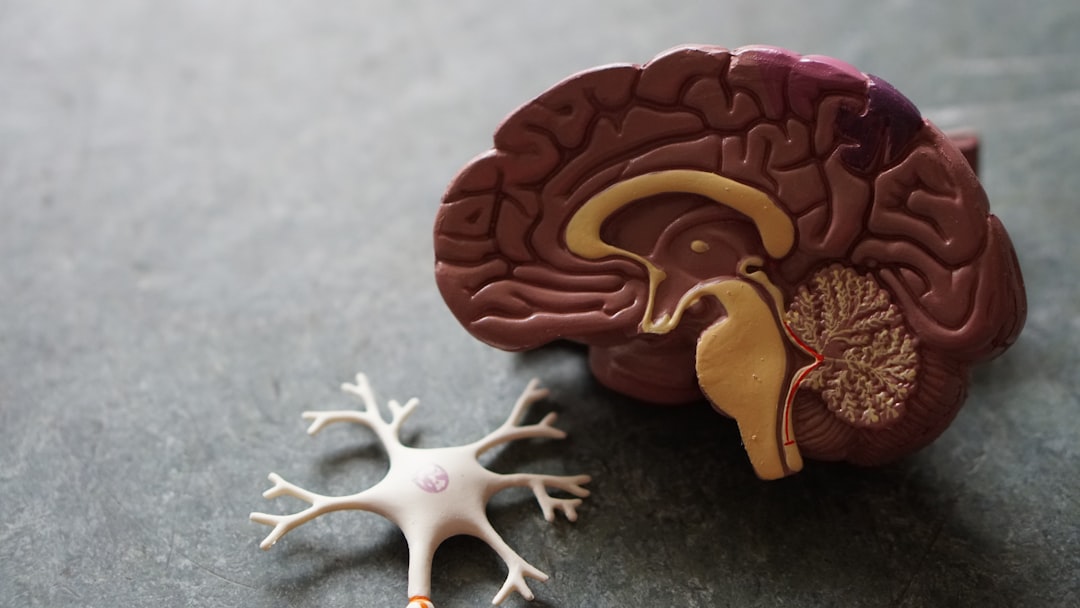What is it about?
DDR regulation through modulating ROS homeostasis is under investigation as anticancer opportunity, also in combination with other treatments since ROS affect DDR differently in the patients during cancer development and treatment.
Featured Image

Photo by RAFAEL MIRANDA on Unsplash
Why is it important?
We highlight ROS-sensitive proteins whose regulation in oxidatively induced DDR might allow for selective strategies against cancer that are better tailored to the patients.
Perspectives
I believe that the data collected in our work may help to define better-tailored therapies with fewer side effects and lower probabilities to promote drug resistance development.
Gaetano Marverti
University of Modena and reggio Emilia
Read the Original
This page is a summary of: Targeting Oxidatively Induced DNA Damage Response in Cancer: Opportunities for Novel Cancer Therapies, Oxidative Medicine and Cellular Longevity, January 2018, Hindawi Publishing Corporation,
DOI: 10.1155/2018/2389523.
You can read the full text:
Contributors
The following have contributed to this page










